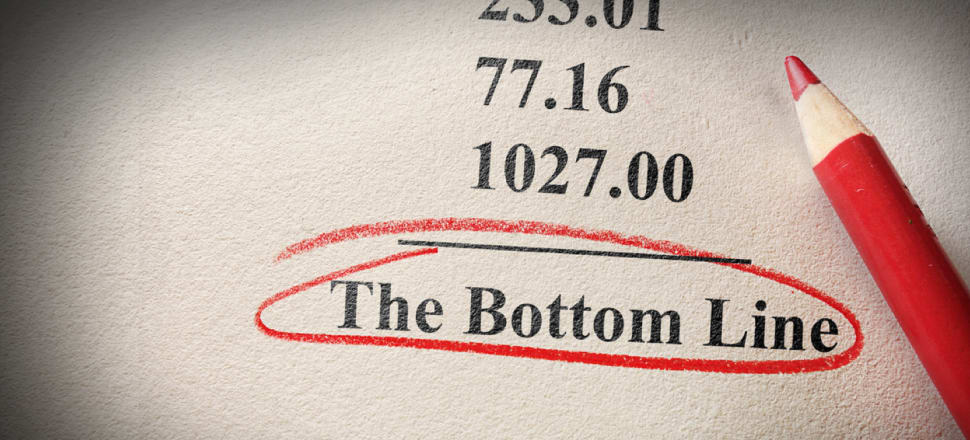
We continue our 12 questions about Three Waters. The Government has said balance sheet separation is a bottom line – but is it really that important?
Balance sheet separation, while a bottom line for the Government, is ultimately a policy position. It's a trade-off.
Newsroom has gone to ratings agencies S&P, Fitch and Moody's and to three top independent experts to discuss the impact on ratepayers, taxpayers, and on those consumers whose water charges will pay for the highly leveraged borrowing of the four new water corporations.
They are legal expert Josh Cairns; finance advisor Bevan Wallace; and infrastructure consultant Amelia East.
WHO PAYS FOR THREE WATERS? 1/ Paying for Three Waters: the local pūkeko v the imported partridge 2/ Who would actually manage the borrowing for Three Waters infrastructure? 3/ Three Waters’ magical kete with room to borrow more and more 4/ On the 4th day of Christmas, what’s so good about four water companies? 5/ Achieving the gold standard of balance sheet separation 6/ Driving through water reforms in new special purpose vehicles 7/ Govt sticks to ‘bottom line’ of balance sheet separation – but why? 8/ If councils retain Three Waters, how much will they have to raise rates? 9/ The silly Ministry of Water Works – and its serious side 10/ On the 10th day of Christmas, should Three Waters become two? 11/ Too big to fail – calls for Govt to guarantee Three Waters debts 12/ Paying for Three Waters: ‘It’s always gonna come back to you in the end’
Some cite Tasmania Water, which is owned by 26 councils, as evidence that separation is not essential.
The creation of council-owned regional water entities might reduce the impact on individual councils, by spreading capital expenditure obligations more evenly across a wider region, over time.
"Balance sheet separation is a means to an end, not an end in itself. It is not necessary, nor in some instances would it be desirable." – Bevan Wallace, Morgan Wallace Advisory
If councils were to keep their water assets on the balance sheets, they could incur credit rating downgrades over the next 10 years, to finance the large capital expenditure programmes they would have to take on.
"Balance sheet separation is a means to an end, not an end in itself," says Bevan Wallace, executive director of advisory firm Morgan Wallace.
"It is not necessary nor in some instances would it be desirable. Separation should be done when there are net benefits of doing so."
He argues those benefits accrue when separation informs decision making. Council balance sheets reflect the accumulated resources that have largely been funded through levies on ratepayers and government grants over many generations. So separation requires context, as do balance sheet valuations.
In the case of the electricity reforms, continued ownership, the financing of the assets and whether or not they remained on council balance sheets were secondary considerations. "The returns generated from such assets generally supported creditworthiness and thereby the borrowing capacity of the councils.
"Separation of assets on terms that would ultimately undermine the creditworthiness of a council is not desirable."








